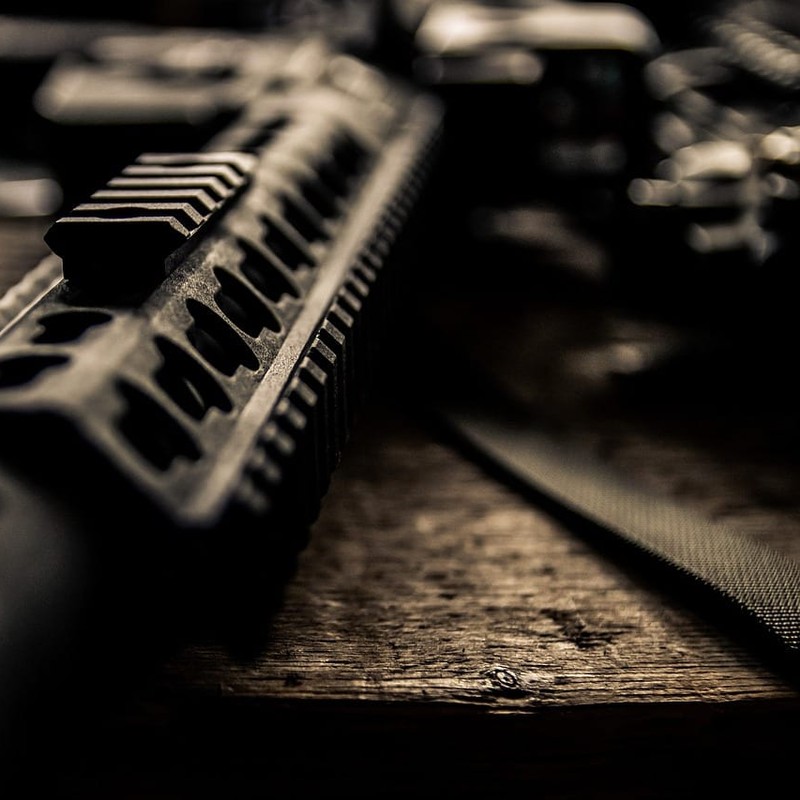
Gun control activists have been frothing at the mouth over the DOJ’s decision to settle a lawsuit over the ATF’s ban on forced reset triggers that will allow the devices to once again be offered for sale, with groups like Brady proclaiming the Trump administration has “deregulated machine guns” and Giffords declaring the administration has “legalized” machine guns; claiming that the triggers “convert semi-automatic firearms into machine guns.”
Advertisement
So I was downright shocked to see an article at the pro-gun control and Everytown-affiliated website The Trace that directly contradicts the messaging from the anti-gun groups.
The policy shift, reportedly made despite the objections of the chief counsel at the Bureau of Alcohol, Tobacco, Firearms and Explosives, was greeted with alarm by gun violence prevention groups, but experts are divided over how much practical impact the change will have.
“I think, honestly, the ramifications of the device itself are going to be miniscule,” said Mark Jones, a former ATF special agent who held various supervisory roles within the agency before retiring in 2011. Forced reset triggers are “a niche thing,” he added. “Most of the time, you’re not going to see them showing up in crimes.”
To make matters worse, Trace writer Jennifer Mascia spoke to an academic who opined that litigation over the ATF’s rule outlawing FRTs wasn’t going to end well if the federal government continued its defense of the ban.
Andrew Willinger, the executive director of Duke University’s Center for Firearms Law, has written about the legal issues surrounding FRTs. He said the devices are comparable to bump stocks, which became infamous after their use in the 2017 Las Vegas mass shooting that killed 60 and injured hundreds. Last year, the Supreme Court’s decision in Garland v. Cargill overturned a Trump-era ban on bump stocks, concluding that because they did not fire more than one shot “by a single function of the trigger,” they did not meet the definition of a machine gun.
“FRTs reset the trigger to the position that it can be pulled, but it still requires the shooter’s manual operation with each shot,” Willinger said. “And that’s really exactly the issue in Cargill. So it’s hard to see how Cargill didn’t sort of settle the question.”
Advertisement
Of course Mascia also gave plenty of space for anti-gun activists to make their case against FRTs, with Giffords legal director and deputy chief counsel David Pucino arguing that there are substantive differences between a bump stock and a forced reset trigger. While that’s true, the biggest similarity is that neither device allows for multiple rounds to be fired with a single function of the trigger, which is the legal definition of a machine gun.
Pucino says he’s worried that Rare Breed Triggers might partner with an AR manufacturer in the future to release a long gun that comes standard with a FRT. I could see that happening, but I suspect that too will be a relatively niche item for gun owners and collectors.
Even though FRTs are legal under federal law, a growing number of states have adopted legislation that ban the possession and use of devices that increase a firearm’s rate of fire. Some of the laws, like the one signed this week by Tennessee Gov. Bill Lee, explicitly prohibit “any part, or combination of parts, designed and intended solely for use in converting a firearm into a machine gun”, which would probably leave FRTs available for sale. Other states, however, have adopted language banning “trigger activators”, generally defined as devices that allow a semiautomatic firearm to fire multiple shots with a single trigger pull. In those states, FRTs are likely to be off limits to consumers, and I suspect there’ll be a big push in blue states to prohibit both FRTs and suppressors if those devices are removed from the NFA as part of the final budget bill that’s signed by President Trump.
Advertisement
I don’t think FRTs are going to become a hot firearm accessory for violent criminals, but I also believe that anti-gun Democrats are going to do their best to keep those devices away from lawful gun owners too. And with red states like Alabama and Tennessee banning so-called Glock switches, which are already illegal under federal law, gun owners are going to have to be on guard against a broadening of those statutes that could encompass items that aren’t illegal under federal statute or ATF rules.

